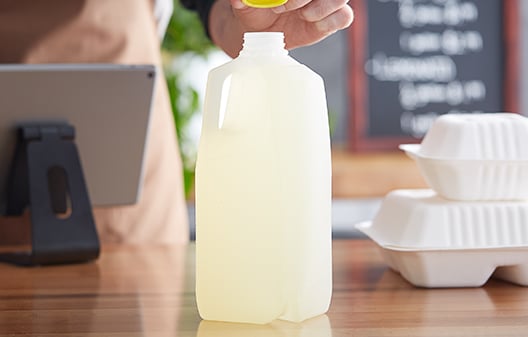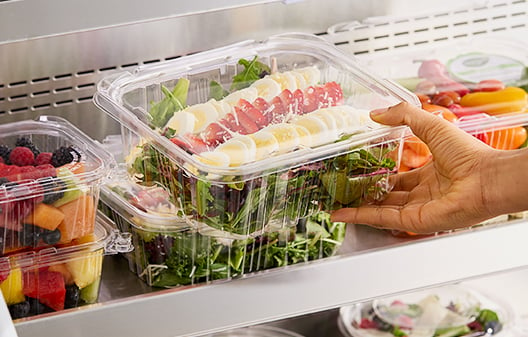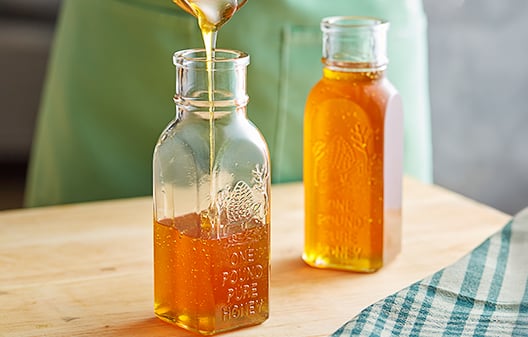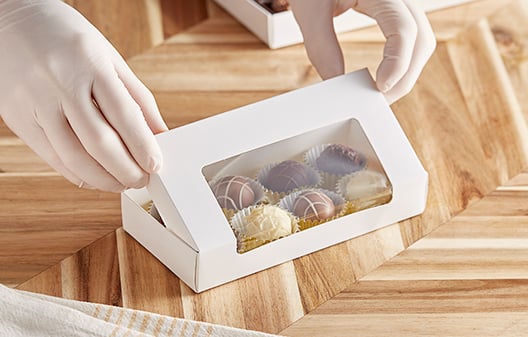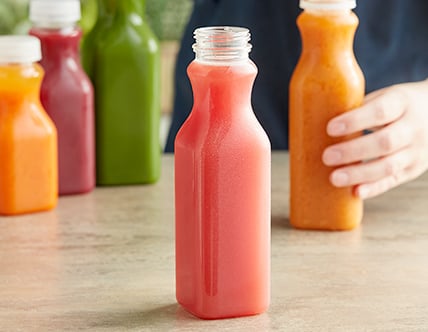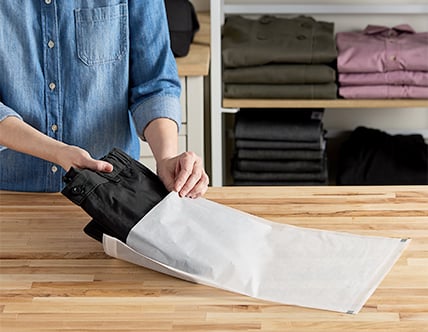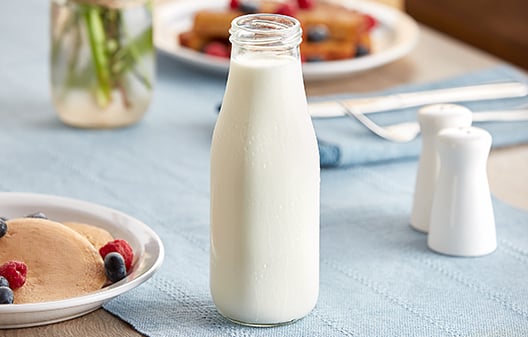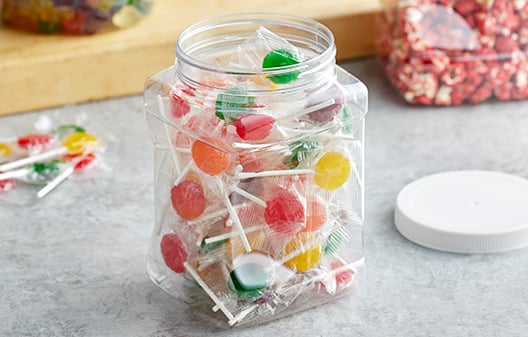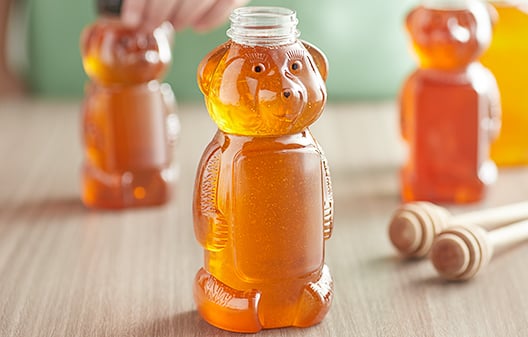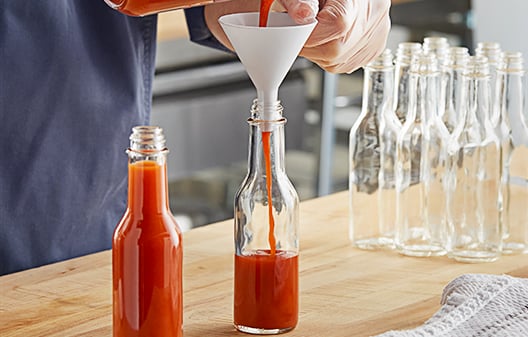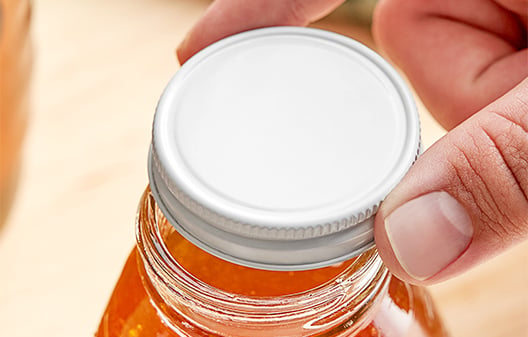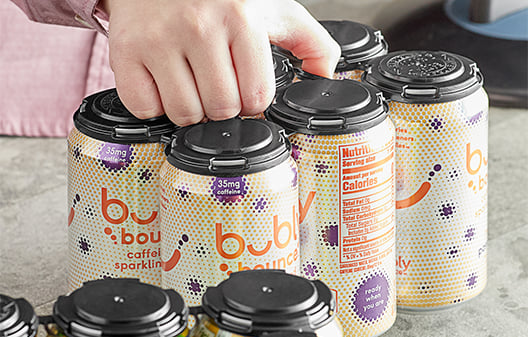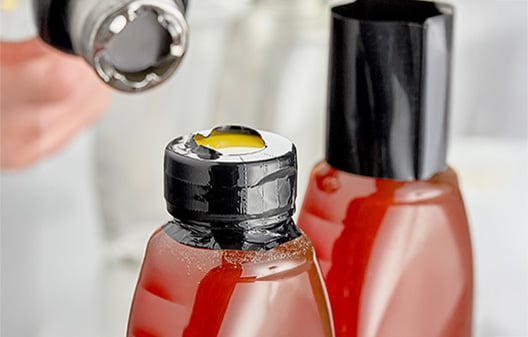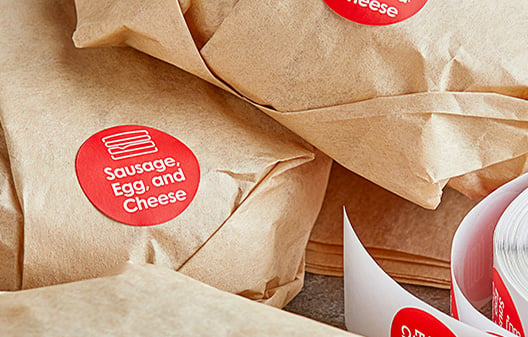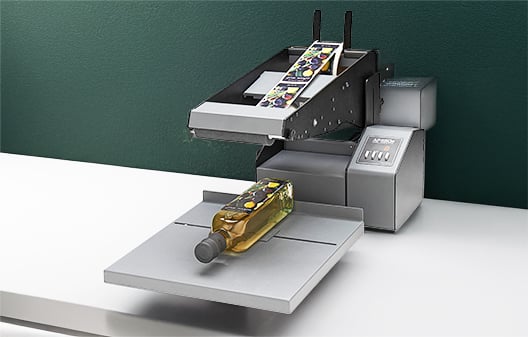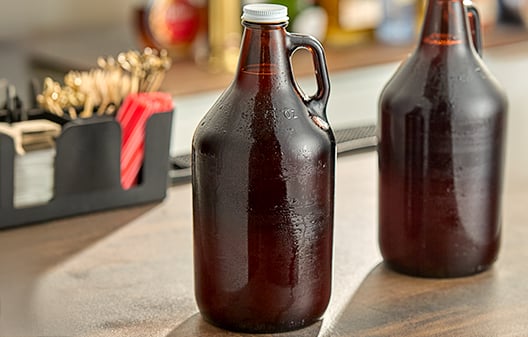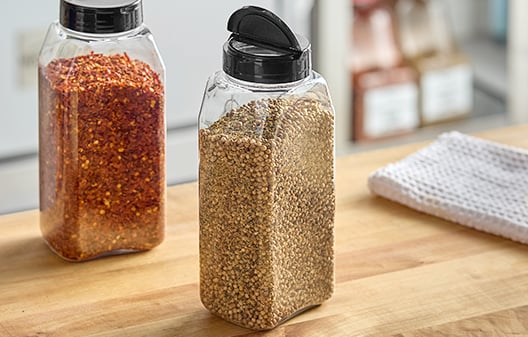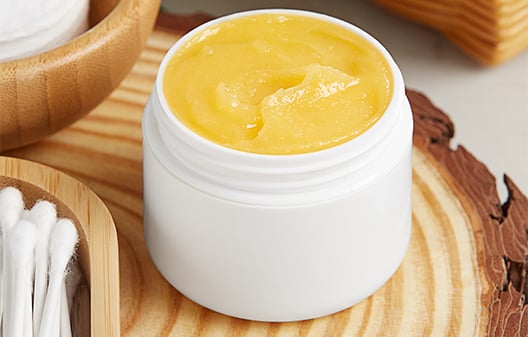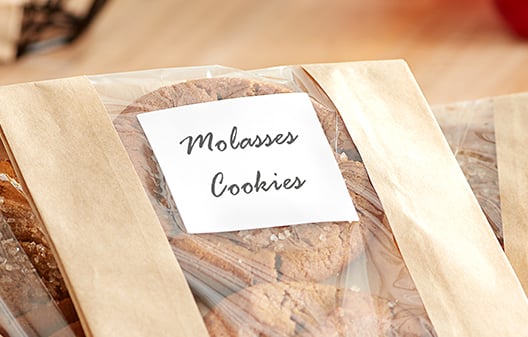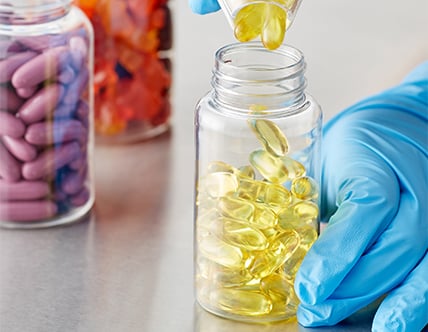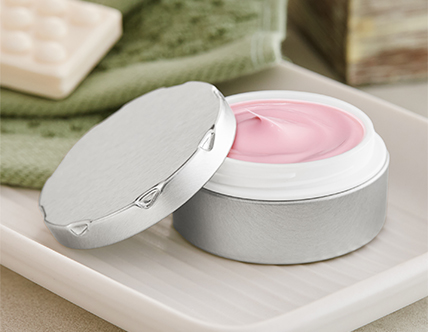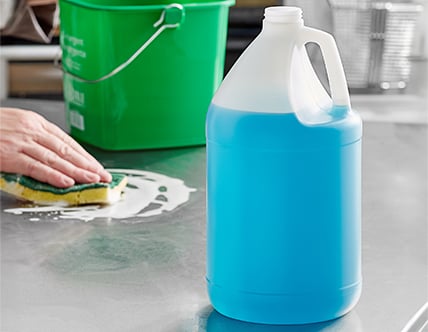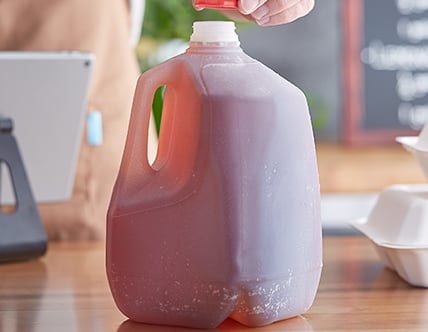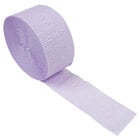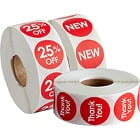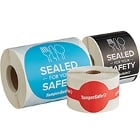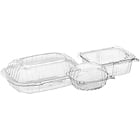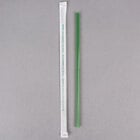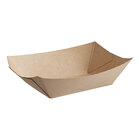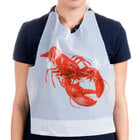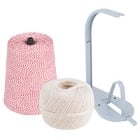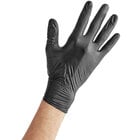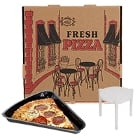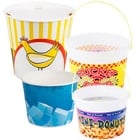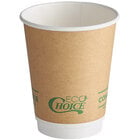Consumer Packaging
Prepare Your Signature Goods for Sale Using Our Consumer Packaging Products

Disposable Plastic Bottles
Shop 163 Products
Bottle your signature beverages and sauces for sale using our custom disposable plastic bottles, which are built for durability and versatility.
Retail Food Packaging
Shop 13 Categories
Our selection of disposable food retail packaging includes deli containers and tamper-evident packaging to provide peace of mind for your customers until they get their order.
Glass Jars
Shop 85 Products
We offer a range of glass jars in different shapes and sizes so you can prepare a range of products, including snacks, condiments, and jellies or jams.
Candy Boxes
Shop 335 Products
Professionally package your signature candies and treats using our bulk candy boxes, available in different shapes and patterns, as well as with or without windows.
Glass Bottles
Shop 20 Products
Browse our large selection of glass bottles to find the right fit for your goods, including milk bottles, condiment bottles, honey bottles, and even wine bottles.
Plastic Jars and Canisters
Shop 30 Products
Our plastic jars and canisters are perfect for storing and merchandising bulk dry ingredients or treats, including candy, snacks, and grains.
Honey Packaging
Shop 78 Products
Offer honey for sale on your shelves using different styles of bulk honey packaging products, including honey bear, queenline, and inverted honeycomb bottles.
Sauce Packaging
Shop 125 Products
Serve and store your best sauces, including honey, salad dressing, and hot sauce, using our durable and convenient sauce packaging products.
Packaging Accessories
Drink Packaging
Shop 7 Categories
Whether you're preparing coffee to go or offering your brewery customers a growler, we offer a versatile collection of drink packaging products to fit your commercial needs.
Spice Packaging
Shop 51 Products
No matter if you're using parsley, oregano, or red pepper flakes, spice storage containers are the perfect solution for selling and storing bulk spices.
Personal Care Packaging
Shop 74 Products
Package and sell a range of personal care products, such as body wash, shampoo, or lotion, using our personal care packaging solutions.
Product Labels
Shop 45 Products
Our product labels come in a range of sizes, styles, and colors, so you can print custom labels and market your signature goods.
Top Products
Other Disposables
Prepare Your Signature Goods for Sale Using Our Consumer Packaging Products
Consumer packaging products offer a professional-looking way to sell and merchandise your best products. No matter if you manage a restaurant, bakery, or specialty shop, the right packaging will elevate your offerings and help you boost sales. Choose between different styles and sizes depending on your concept and the types of goods you sell.
Finding the right consumer packaging supplies is essential for keeping your goods fresh. If you sell condiments, beverages, or liquid goods, we offer a range of juice containers and sauce packaging options to keep them secure. We also offer drink packaging products like growlers, along with beer packaging products, for bars and breweries.
